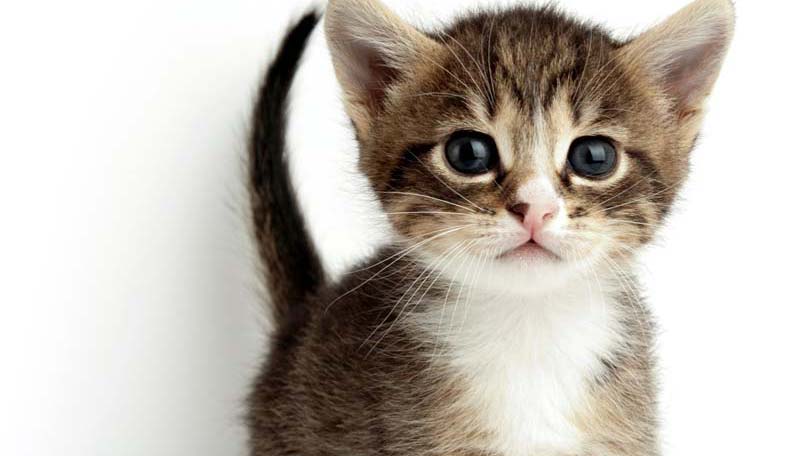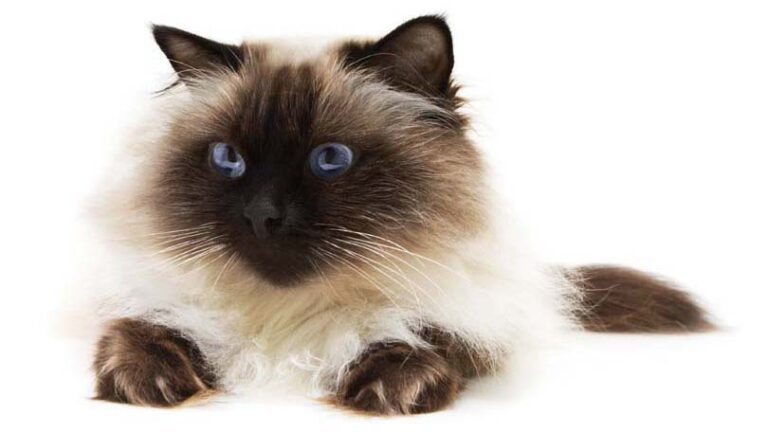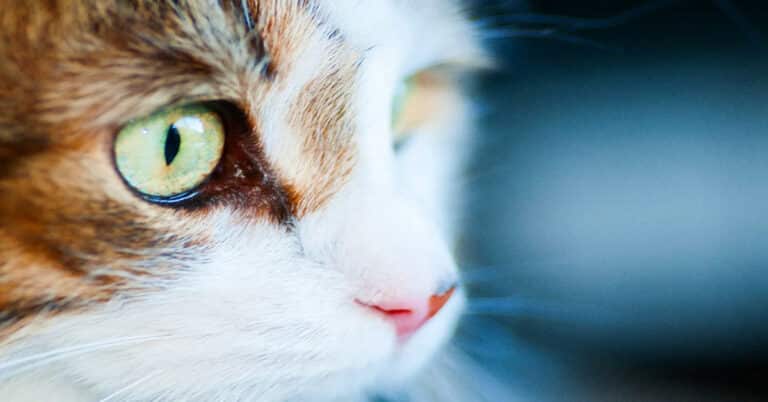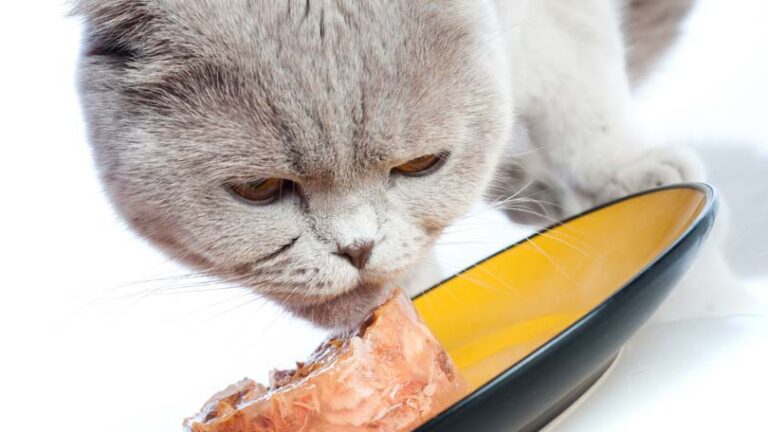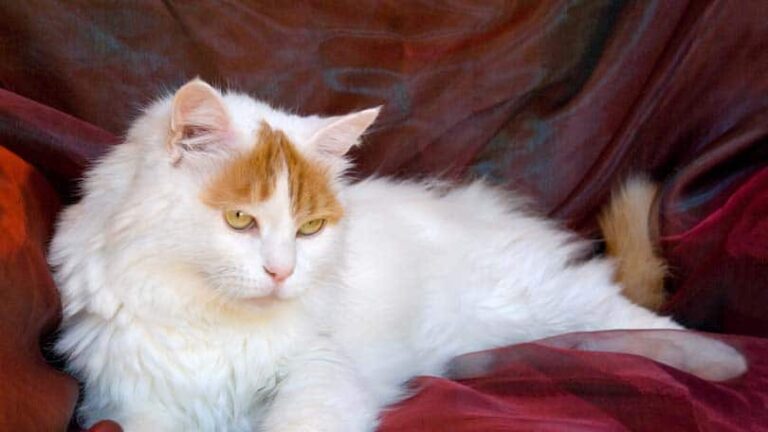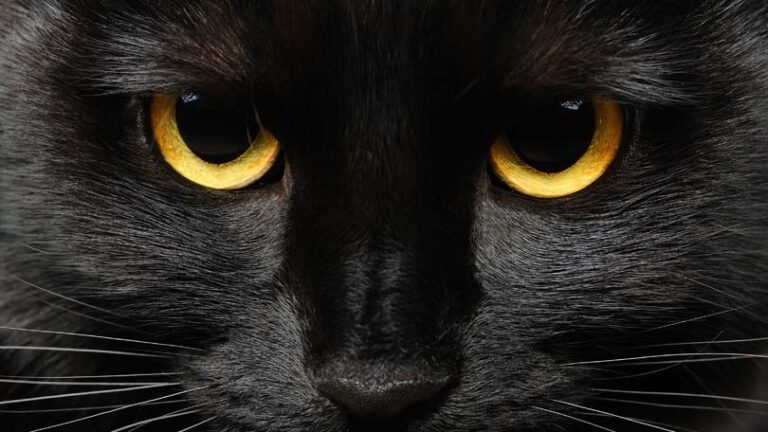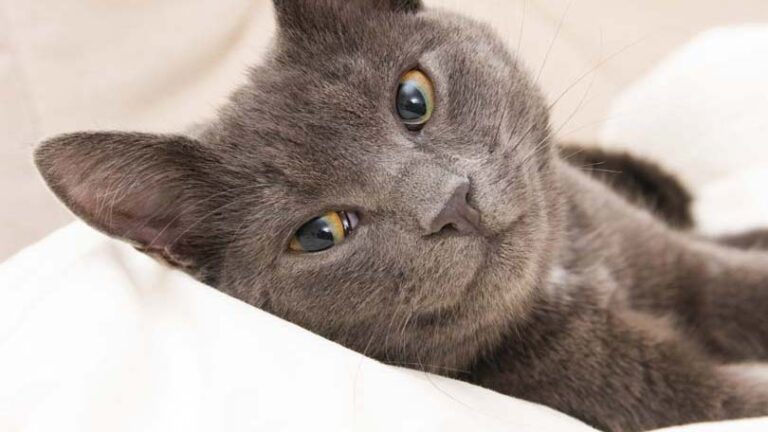How Much Water does a Cat Need?
It is not possible to answer exactly the question of “How much water does a cat need?” because it varies and depends on the cat, the weather, and other factors. Cats need plenty of water to help flush out toxins and impurities from their body and to maintain good hydration. Water helps keep organ tissues healthy and ensures all the organs such as the kidneys are working at their optimum level. Even having just 10% less water in the bodies than they ideally need can lead to serious problems, and prolonged dehydration can result in death. It is crucial that clean fresh water is left out for cats every day. Owners must monitor how much their cat is drinking because any changes in habits could be a sign that their cat is unwell. So, how much water does a cat need?
The body tissues of a cat are made up of about 67% water. Dry food has a very low moisture level, about 10% whereas wet food has around a 78% moisture level. That means that if a cat is solely fed a dry food diet, they are going to require a large amount of water to supplement it. Cats need to consume over twice as much water per day than food so it is vital that your cat has clean, fresh water available to them throughout the day. If you notice the bowl is empty, replace the water straight away.
In very hot weather, cats will consume much higher levels of water, just like humans, so you must be particularly vigilant on keeping an eye on the water level throughout the hottest months of the year. If you have noticed a definite increase in the amount of water your cat is drinking and other variables such as the weather have not changed, this may be a sign that your cat is not well. If this happens, it would be a very good idea to consult your veterinarian as soon as possible, especially if you have noticed other changes in their behavior or temperament.
Dehydration is a serious problem if not treated, and a good way of telling whether your cat is dehydrated is by pulling up the loose skin at the nape of your cat’s neck. If it springs back into position quickly and easily, the body is sufficiently hydrated. If on the other hand the skin is slow to retract then this is a sign of dehydration. If you cannot encourage your cat to drink and see no improvement, take your cat to the see the vet for further advice and treatment.
There are a few ways you can encourage your cat to drink. Adding ice cubes to their water makes the water cooler and also gives them something to play with which cats enjoy. You could also add water to their food at dinner times. Dripping taps are something cats tend to be drawn to, likewise fountains, because they add a further element of interest to your cat. You could invest in a fun automatic water dispenser which is not only fun for your cat but has the additional benefit of preventing water from stagnating due to the continued flow and has filters present which stops any bacteria developing.
It is not fully understood why cats are drawn to dripping taps. It could be due to the added interest they get from drinking in this manner or because it allows them to avoid putting their head into a bowl which sometimes cats don’t enjoy. Leaving a tap gently dripping in the garden could encourage your cat to drink more water. Using a shallow dish which allows your cat to see its environment whilst it is drinking could also help.
Cats are clean and can be quite fussy creatures. If their water bowl is not clean, they may be put off from using it. Sometimes food can fall into the water bowl and taint the water which will deter a cat too. Make sure that both their food and water bowls are cleaned regularly, ideally running them through the dishwasher to give them a really thorough clean. Plastic bowls can be harder to clean and can soak in smells which is unpleasant for cats so stainless steel or ceramic bowls are the most ideal.
It is a good idea to have a few sources from which your cat can drink dotted around your house. A bowl kept near to their food is important, but it may be wise to put an automatic dispenser in a different location too.
Keeping the bowls clean is crucial as cats will turn up their nose if their bowl is even slightly dirty, smelly or has anything floating in it like bugs or bits of food, even if it is their own food. A ceramic bowl is preferable to a plastic bowl as they are easier to clean. Making sure the bowl is on a flat surface, ideally on the floor, and if possible place it on a rubber mat to make sure that spillage and breakages are unlikely to occur which could be dangerous. Make sure you monitor how much your cats is drinking throughout the different seasons of the year. Bear in mind that in hot weather they will drink more than in cold weather.
If you notice any serious changes in the amount they are drinking, it may be a red flag that there is something wrong. Take your cat to see the vet as soon as possible, especially if your cat is showing other symptoms or is acting in an unusual manner.
So although there is no one answer to the question of “how much water does a cat need?”, there are a few guidelines and bits of advice to ensure your cat is getting plenty.

Having discovered a fondness for insects while pursuing her degree in Biology, Randi Jones was quite bugged to know that people usually dismissed these little creatures as “creepy-crawlies”.

